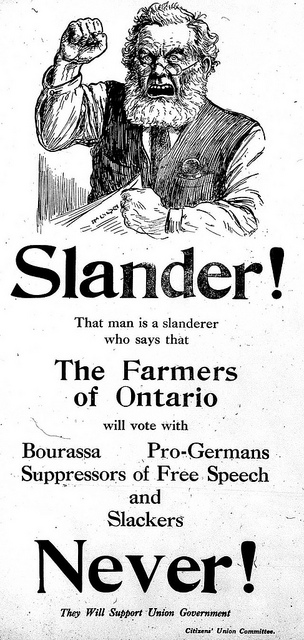Libel vs Slander
It is essential to understand the difference between libel and slander, as both terms are often confused due to their similar meanings. Both words imply defaming a person and fall under the term defame. Libel and slander are used to harm a person or an object and have similar effects. They are both false and have no basis. This article will highlight the differences between libel and slander so as to enable the reader to make correct usage of these words.
What does Libel mean?
Libel refers to a situation where written words are used to defame a person. Unlike slander, which is hard to prove in a court of law, libel is much easier to prove with the help of a written statement published in a newspaper or magazine. The Oxford English Dictionary defines libel as “a published false statement that is damaging to a person’s reputation; a written defamation.” Libel has a derivative called libeler and is used as both a noun and a verb.
What does Slander mean?
Slander refers to spoken words. Thus, it is easier to get away with slander, as it becomes difficult to prove something that was heard through word of mouth. However, with the presence of media, even slander is easier to prosecute nowadays, as proof of tape-recorded voice can be presented in court. The Oxford English Dictionary defines slander as “the action or crime of making a false spoken statement damaging to a person’s reputation.” Slander is also used as both a noun and a verb.
Key Takeaways
- Slander and libel are ways to bring disrepute or defamation of a person.
- Slander refers to using spoken words to malign a person, while libel refers to using written words.
- The distinction between slander and libel is becoming increasingly blurred due to the influence of electronic media.
While the right to express one’s opinions or share one’s views is a hallmark of personal freedom, it is against the law to bring disrepute to another person by maligning or criticizing them without knowing the facts. With the growth of electronic media, the distinction between slander and libel is becoming increasingly blurred, as a person using slander in a TV program is no different from libel, as these words are heard and seen by millions simultaneously. This is why defamation through slander on a TV program is considered libel in many countries today. Posting false information about a person on a blog or website also amounts to libel and is punishable by law.
